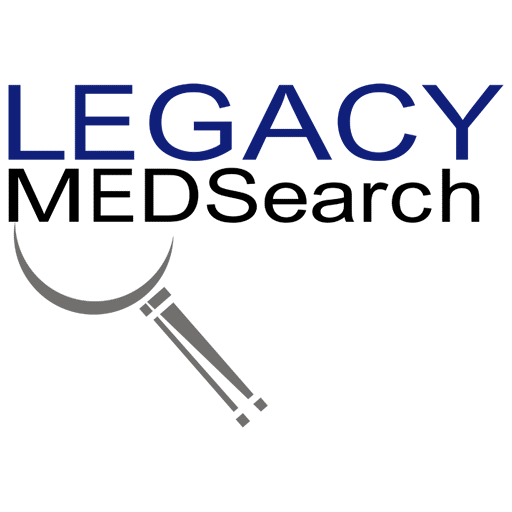Medical device and MedTech insights, news, tips and more
Permanent Hair Dye and Straighteners May Increase Breast Cancer Risk
December 4, 2019

Scientists at the National Institutes of Health found that women who use permanent hair dye and chemical hair straighteners have a higher risk of developing breast cancer than women who don’t use these products. The study published online Dec. 4 in the International Journal of Cancer and suggests that breast cancer risk increased with more frequent use of these chemical hair products.
Using data from 46,709 women in the Sister Study, researchers at the National Institute of Environmental Health Sciences (NIEHS), part of NIH, found that women who regularly used permanent hair dye in the year prior to enrolling in the study were 9% more likely than women who didn’t use hair dye to develop breast cancer. Among African American women, using permanent dyes every five to eight weeks or more was associated with a 60% increased risk of breast cancer as compared with an 8% increased risk for white women. The research team found little to no increase in breast cancer risk for semi-permanent or temporary dye use.
“Researchers have been studying the possible link between hair dye and cancer for a long time, but results have been inconsistent,” said corresponding author Alexandra White, Ph.D., head of the NIEHS Environment and Cancer Epidemiology Group. “In our study, we see a higher breast cancer risk associated with hair dye use, and the effect is stronger in African American women, particularly those who are frequent users. “
An intriguing finding was the association between the use of chemical hair straighteners and breast cancer. Dr. White and colleagues found that women who used hair straighteners at least every five to eight weeks were about 30% more likely to develop breast cancer. While the association between straightener use and breast cancer was similar in African American and white women, straightener use was much more common among African American women.
Co-author Dale Sandler, Ph.D., chief of the NIEHS Epidemiology Branch, cautioned that although there is some prior evidence to support the association with chemical straighteners, these results need to be replicated in other studies.
When asked if women should stop dyeing or straightening their hair, Sandler said, “We are exposed to many things that could potentially contribute to breast cancer, and it is unlikely that any single factor explains a woman’s risk. While it is too early to make a firm recommendation, avoiding these chemicals might be one more thing women can do to reduce their risk of breast cancer.”
See Full Press Release: Permanent hair dye and straighteners may increase breast cancer risk | National Institutes of Health (NIH)
Written by: National Institutes of Health

Legacy MedSearch has more than 30 years of combined experience recruiting in the medical device industry. We pride ourselves on our professionalism and ability to communicate quickly and honestly with all parties in the hiring process. Our clients include both blue-chip companies and innovative startups within the MedTech space. Over the past 10 years, we have built one of the strongest networks of device professionals ranging from sales, marketing, research & , quality & regulatory, project management, field service, and clinical affairs.
We offer a variety of different solutions for hiring managers depending on the scope and scale of each individual search. We craft a personalized solution for each client and position with a focus on attracting the best possible talent in the shortest possible time frame.
Are you hiring?
Contact us to discuss partnering with Legacy MedSearch on your position.

